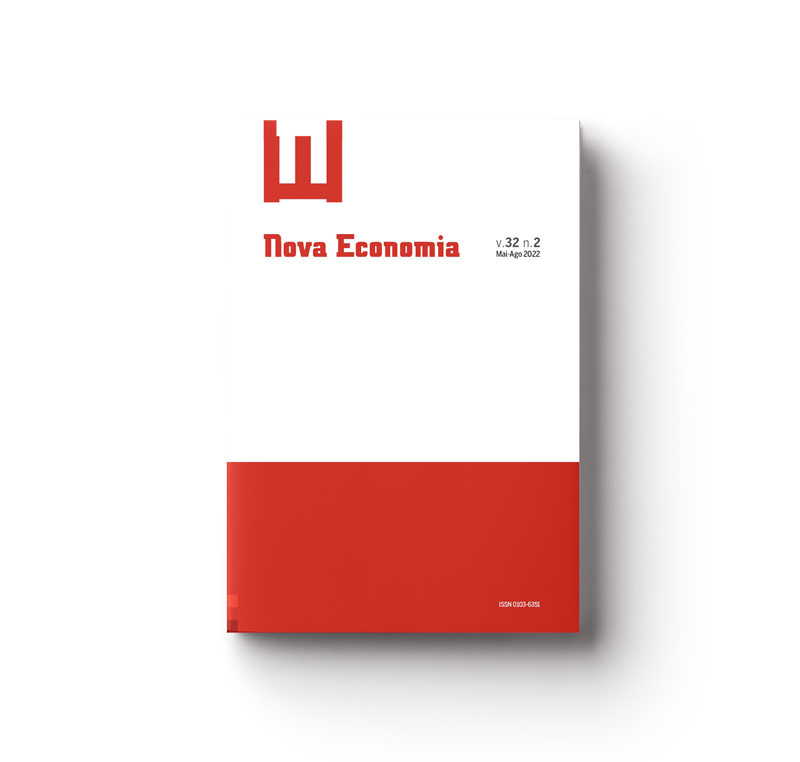Emergence of oil & gas subsea processing from a technological innovation systems perspective (1990-2019)
Abstract
Abstract
This article examines the emergence of subsea processing technologies in the global oil and gas industry during the period 1990-2019. Five subsystems related to subsea processing are considered: subsea gas compression; subsea boosting; subsea water treatment and injection; subsea separation and direct electric heating. Our analytical framework is based on the perspective of technological innovation system, focusing in the functions of the system. The system functioning analysis is based upon data from demonstration projects, scientific publications, and patents. Our main research question is: How the interactions between functions interconnect with the emergence of subsea processing in this period? We identified that system functioning have positive effects on adoption and diffusion of these new technologies. This article contributes to the debate on public policies and innovation in established sectors, as well discuss the role of developing countries in emerging technological areas.
Keywords: emerging technologies, technological innovation systems, function analysis, offshore oil industry, subsea systems.
JEL Codes: O31, O33.
Downloads
Published
How to Cite
Issue
Section
License
Copyright (c) 2022 Matheus Pereta, André Furtado, Janaína Pamplona da Costa

This work is licensed under a Creative Commons Attribution 4.0 International License.
Authors who publish with this journal agree to the following terms:
- Authors retain copyright and grant the journal right of first publication with the work simultaneously licensed under a Creative Commons Attribution 4.0 International License that allows others to share the work with an acknowledgement of the work's authorship and initial publication in this journal.
- Authors are able to enter into separate, additional contractual arrangements for the non-exclusive distribution of the journal's published version of the work (e.g., post it to an institutional repository or publish it in a book), with an acknowledgement of its initial publication in this journal.
- Authors are permitted and encouraged to post their work online (e.g., in institutional repositories or on their website) prior to and during the submission process, as it can lead to productive exchanges, as well as earlier and greater citation of published work (See The Effect of Open Access).




